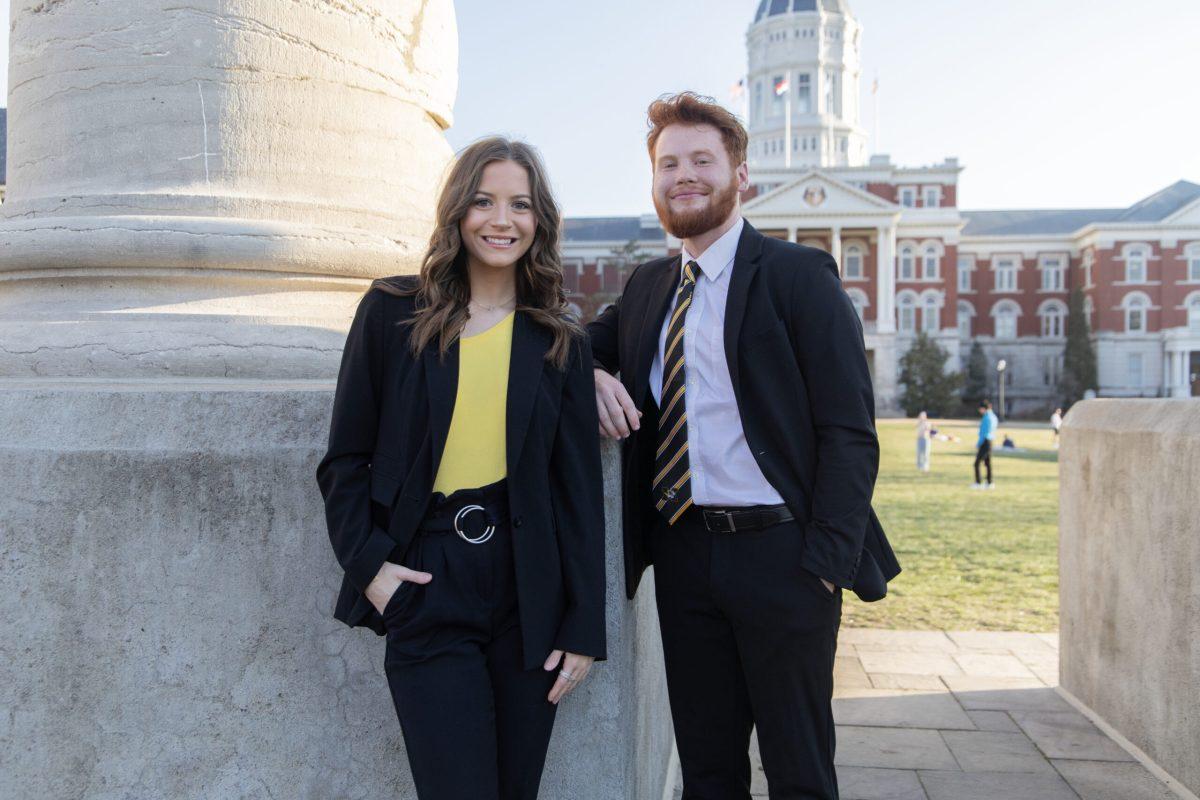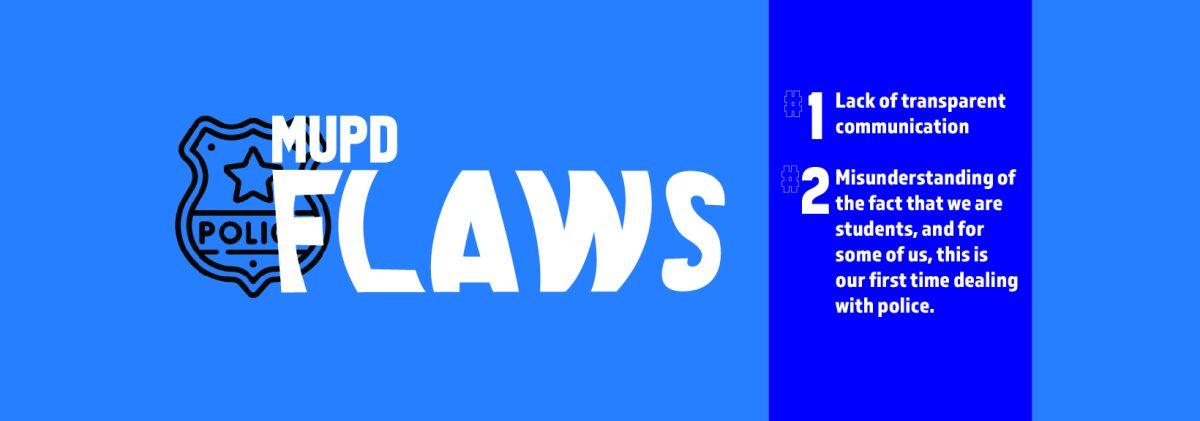Following Mizzou Students for Life’s [recent cyberbullying spree](http://studentsforlife.org/2013/04/25/these-feminists-are-a-riot/), which proved unnecessarily vicious and personal in its attempt to bastardize Feminist Student Union and myself, there is a need to address why the discourse surrounding abortion and genocide is even happening on campus.
The [Genocide Awareness Project](https://www.themaneater.com/stories/2013/4/9/anti-abortion-group-displays-graphic-images-lowry-/), a display hosted by Mizzou Students for Life likening abortion to the Holocaust and child abuse, was embarrassing to the student body and the academic nature of our school. Not only did it present sensationalized and inaccurate information, it was disruptive to student life. To treat this triggering display any differently than previous offensive episodes, such as the cotton ball incident in 2010, is not in the spirit of our inclusive campus.
The Genocide Awareness Project — during Holocaust Remembrance week, no less — assumes that the guiding morals of Mizzou Student’s for Life are more valuable and necessary than those of other religious and ethnic groups on campus, including but not limited to people of color, Jewish, LGBTQ, female and allies of these and other marginalized groups.
The King James Bible is not a dogma for us all. Programs on our campus, such as the Chancellor’s Diversity Initiative, specifically work to generate a space “aware of the many differences of human experience and its complexities.” Our goal of creating an inclusive campus “respects the myriad of experiences and promotes opportunities for these experiences to be shared and celebrated.” How does the Genocide Awareness Project, which includes graphic imagery of lynchings as a comparison to terminating a pregnancy, commit to the awareness of human experience, let alone foster respectful and thoughtful dialogue?
To my understanding, the proposed MUTV “debate” against Mizzou Students for Life was an opportunity to address the recent Genocide Awareness Project. By emulating the Russian feminist-punk initiative, Pussy Riot, and masking my face, my objective was to give a voice to students who felt ostracized by this demonstration. My request to remain anonymous and unaffiliated with Feminist Student Union on camera was not acknowledged.
I chose not to engage in post-Roe v. Wade arguments on the level of abortion, arguing when “life begins.” Coming from this place of misunderstanding the debate topic, I was ambushed. I felt extremely nervous, upset and vulnerable. In the context of the national Students for Life of America web article, to which the Mizzou chapter submitted the debate footage to, this led to a somewhat embarrassing encounter.
As a university with an esteemed research background and elite academic standing, we should not — we _cannot_ — tolerate such contentious and cruel acts of intolerance.
It’s easy to be mean-spirited, hateful and intolerant. It is difficult to present oneself in front of a camera where I know I look ridiculous.
But I’m here because I care about my fellow MU students, and I stand by my statements made during the debate. We are all very passionate, educated and capable of using the resources at our disposal to make a positive difference. Arguing the topic of abortion is utterly irrelevant and unproductive. It is our responsibility as students to act. The main story shouldn’t focus on incriminating online photos of me to elicit a disturbing “LOL” reaction but the future of our campus.
The concept of human rights is not a debate and definitely not a joke.
So, now, who gets the “last laugh?” The lack of diversity and tolerance at MU, as portrayed by SFL, is a serious problem. I’m certainly not laughing.
— Alison Schwartz,
[email protected]











